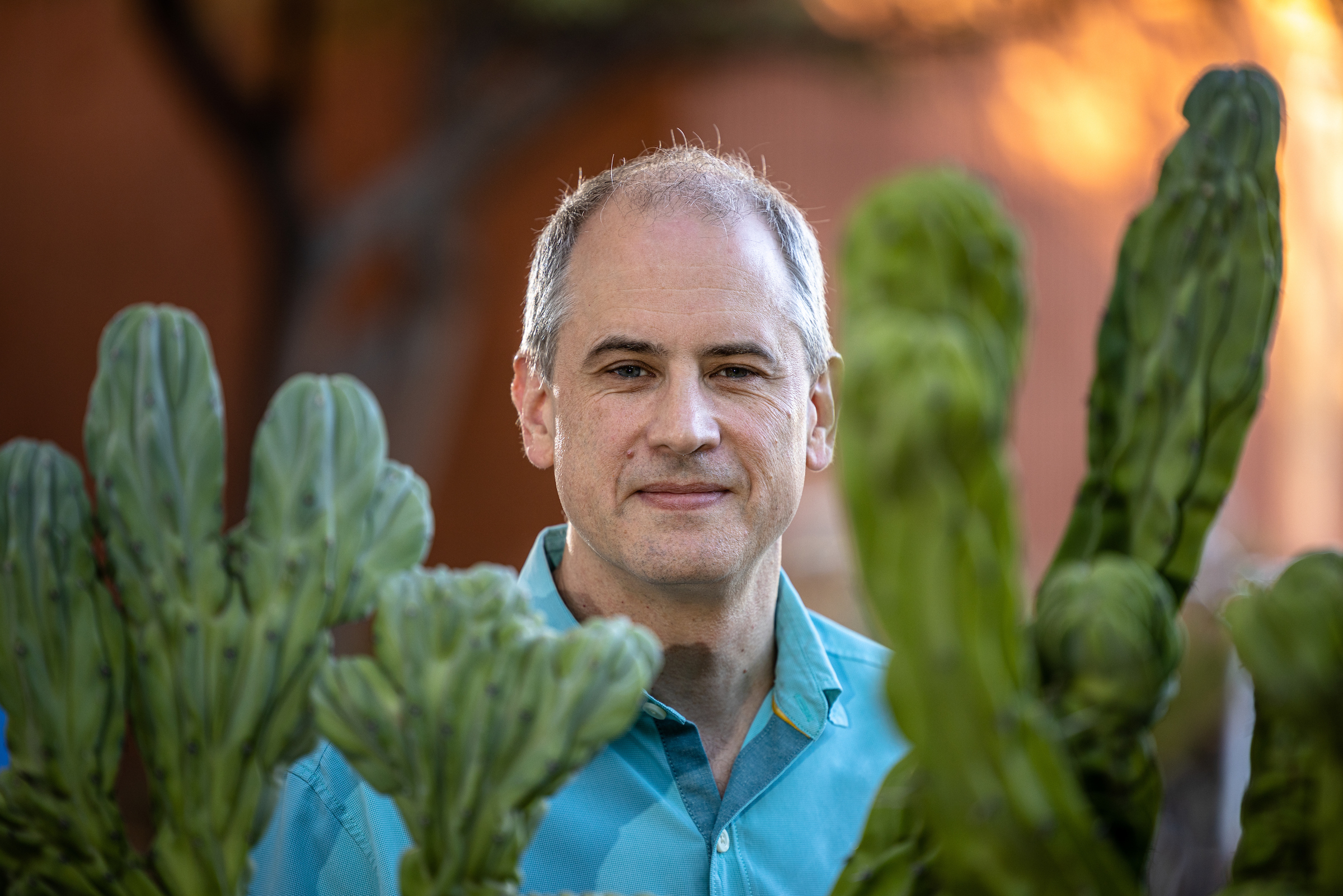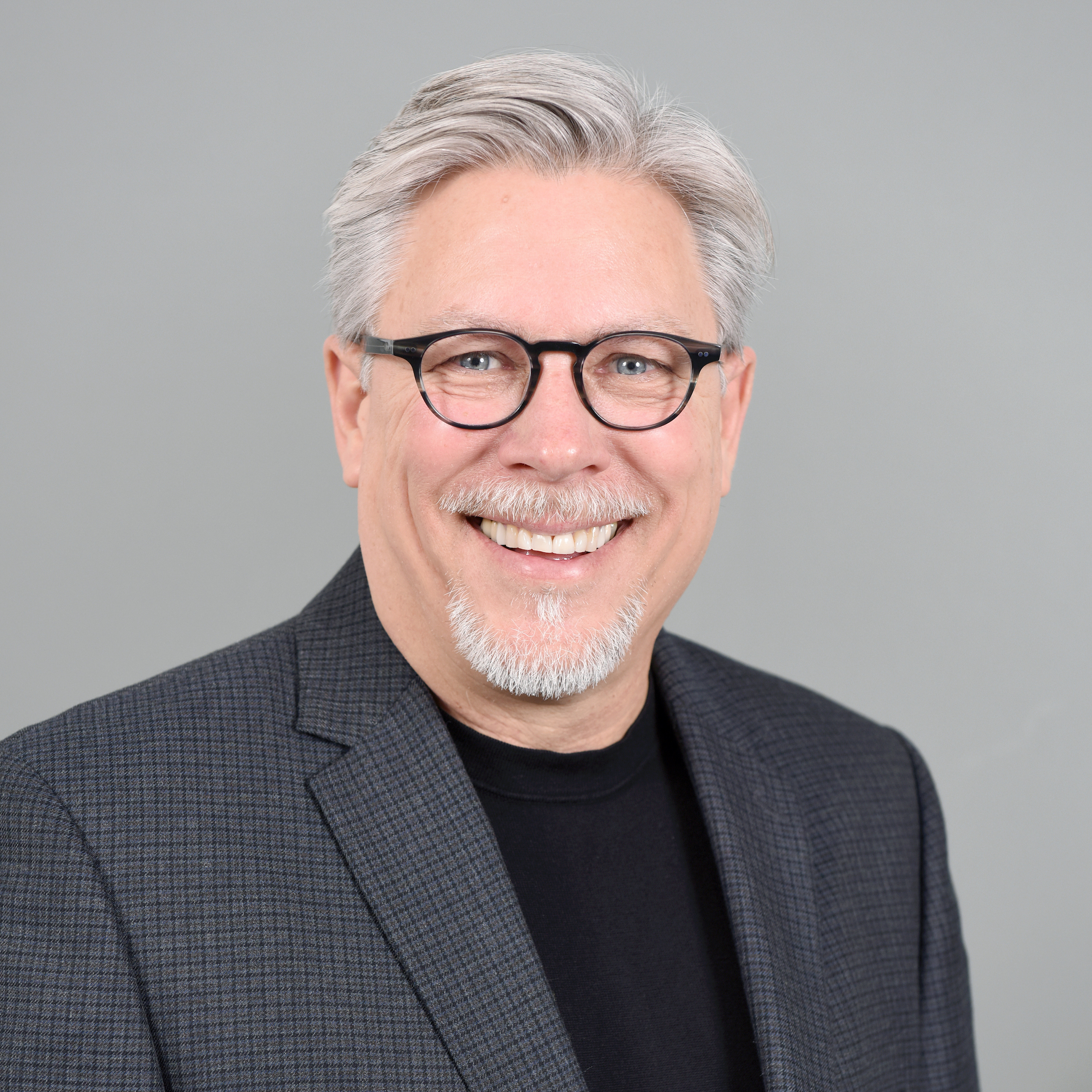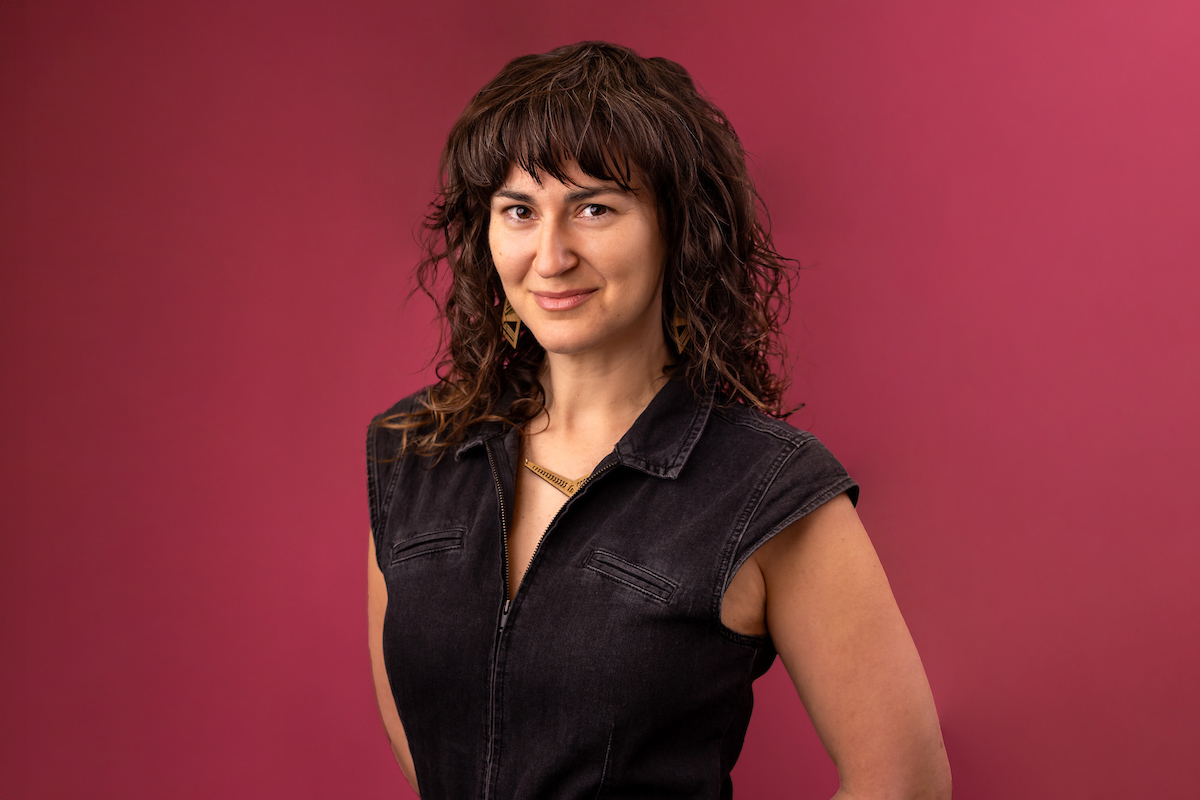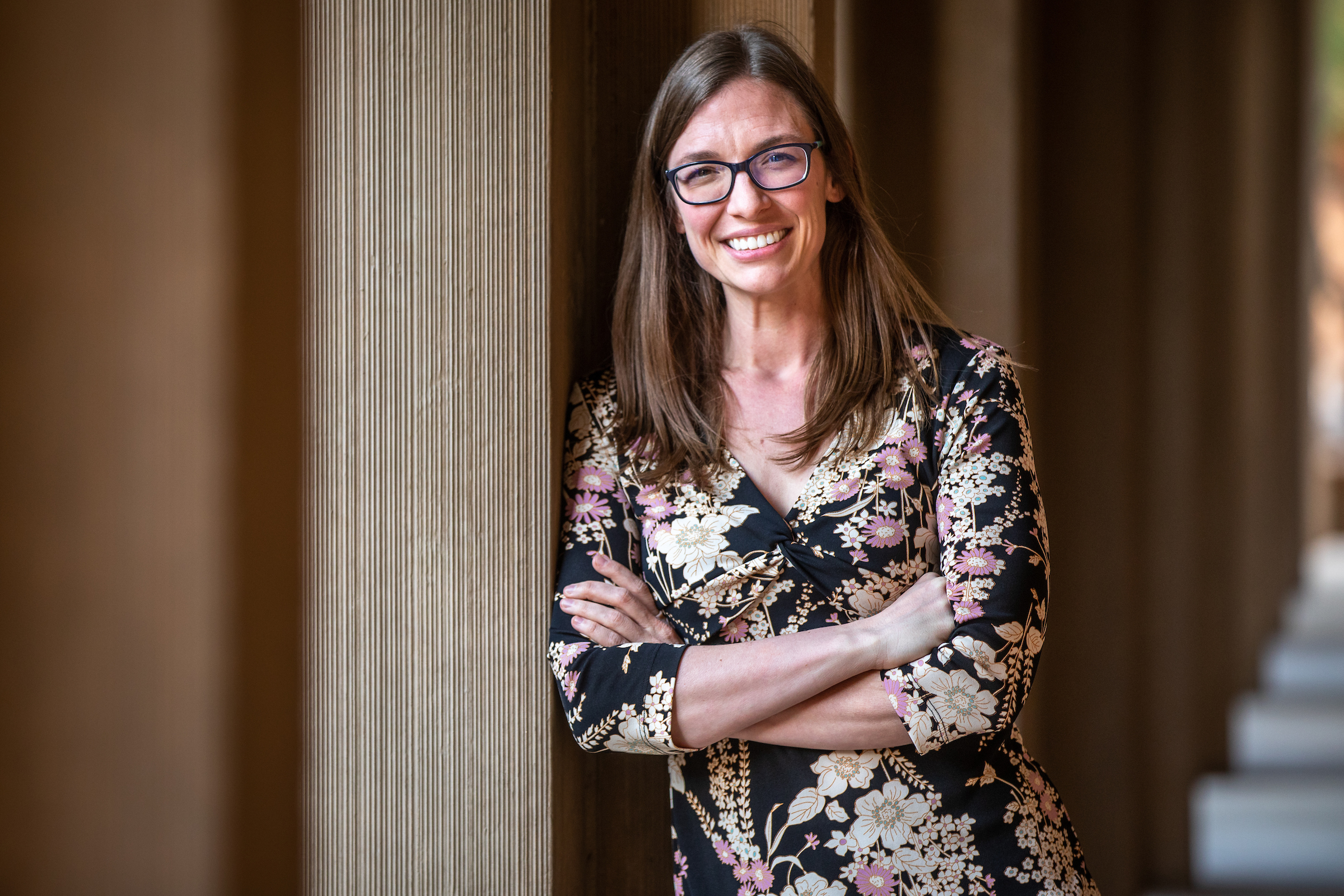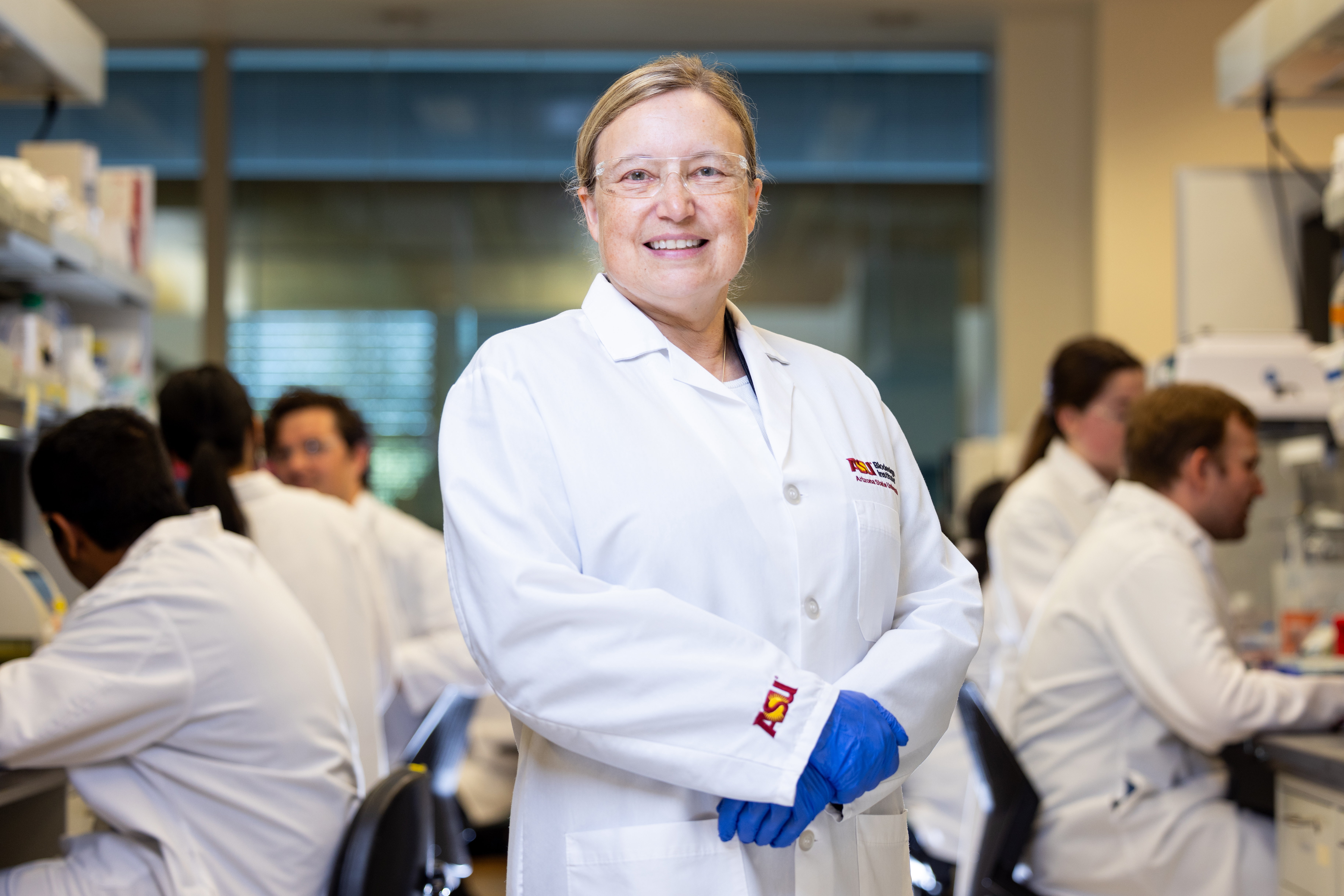If this page is outdated contact [email protected].

Arizona State University expert directory
Carlo Maley
Carlo Maley applies evolutionary and ecological theory to three main problems in cancer.
The first is neoplastic progression, or the evolutionary dynamics that turn a benign growth of cells into a cancerous tumor. The second is cancer resistance, where therapies used to treat cancer mainly select for the most resistant cells, and prevent long-term cures. Lastly, the lab studies cancer suppressing mechanisms in large, long-lived animals like elephants and whales that may have evolved to protect these species. The ultimate goal is to apply their findings to develop better tools for better cancer management and prevention in people.
Maley received his Ph.D. from MIT in computer science and B.A. in computer science and psychology from Oberlin College. He completed postdoctoral fellowships at the University of New Mexico, the Fred Hutchinson Cancer Research Center and held faculty positions at the Wistar Institute and University of California San Francisco before joining ASU in 2015.
It became clear that evolution is fundamental to the basic science of cancer, which explains why people have such a difficult time curing it, and yet no one was working on the evolutionary biology of cancer.
Carlo Maley ASU News
